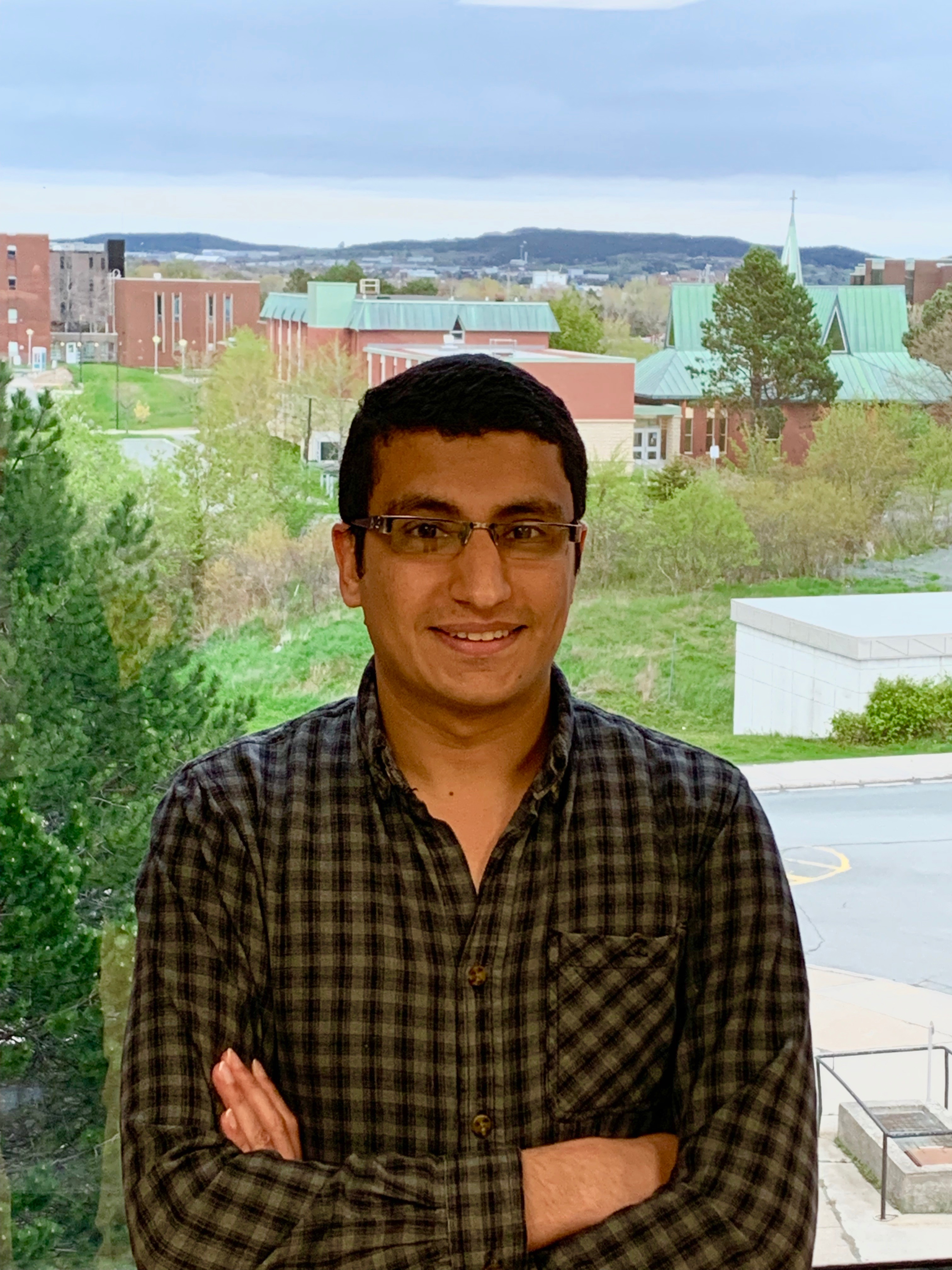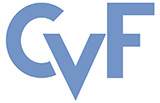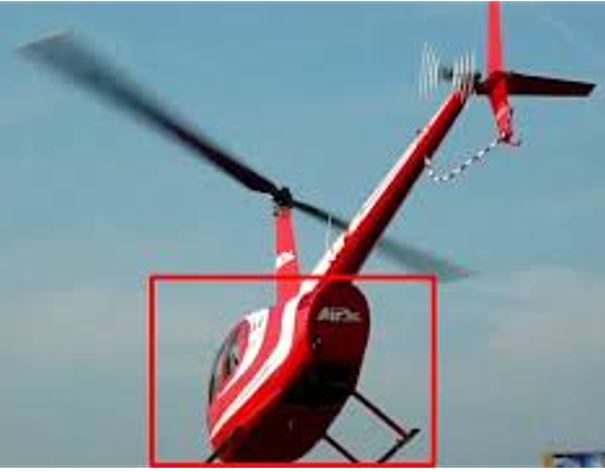Mohamed Mohamed (Mohamed Abdelpakey)
I'm currently a senior AI Engineer at Virtek Vision International and Adjunct Professor at the University of British Columbia. University of British Columbia
- Okanagan,
Computer Science department ,
where I worked on computer vision and machine learning. I obtained my PhD with distinction in
Computer Engineering from Memorial University of Newfoundland where I worked on object tracking
using deep learning.
Email /
CV /
Google
Scholar
/
Github
Research
Here are samples of my work (I'm still adding my work for the complete list please go to this LINK ).
Your browser does not support the video tag.
Automated Human Cell Classification in Sparse Datasets using Few-Shot Learning
Reece Walsh ,
Mohamed H. Abdelpakey ,
Mohamed S Shehata
Subbmitted to Nature , 2021
arXiv
Your browser does not support the video tag.
TransBlast: Self-Supervised Learning Using Augmented Subspace With Transformer for
Background/Foreground Separation
Islam Osman ,
Mohamed H. Abdelpakey ,
Mohamed S Shehata
ICCVW , 2021
Code
Your browser does not support the video tag.
DP-siam: Dynamic policy siamese network for robust object tracking
Mohamed H. Abdelpakey ,
Mohamed S. Shehata
IEEE Transactions on Image Processing , 2019
project page and code
Your browser does not support the video tag.
The ninth visual object tracking vot2021 challenge results
Matej Kristan ,
Jiří Matas ,
... ,
Mohamed H. Abdelpakey ,
Mohamed S. Shehata
ICCV , 2021
Code
Incorporating lidar and explicitly modeling the sky lets you reconstruct urban environments.
Your browser does not support the video tag.
The sixth Visual Object Tracking VOT2018 challenge results
Matej Kristan ,
Aleˇs Leonardis ,
Jiří Matas ,
... ,
Mohamed H. Abdelpakey ,
Mohamed S. Shehata
ICCV , 2021
Code
Dense depth completion techniques applied to freely-available sparse stereo data can improve NeRF
reconstructions in low-data regimes.






